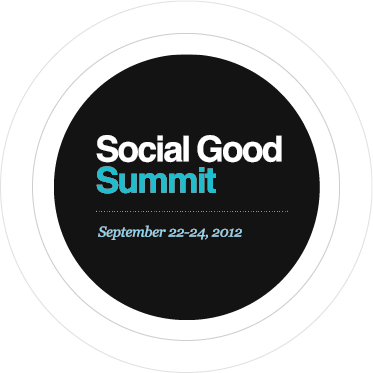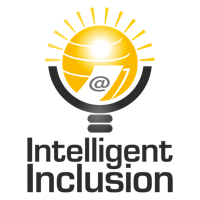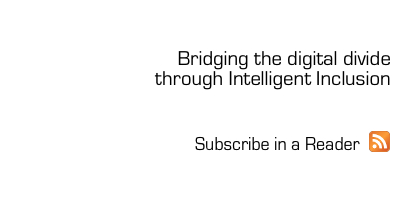
This month we had a notable event, the Social Good Summit in New York. Held during the UN Week, it was brought to us by Mashable, 92nd Street Y, The United Nations Foundation, Ericsson, the United Nations Development Programme and The Bill and Melinda Gates Foundation. The main idea was remarkably close to this blog: how to use technology in innovative ways to solve some of the world’s most complex and pressing issues.
For three days, a large group of high-profile executives like Ericsson’s Hans Vestberg, United Nations Foundation senior personnel, ambassadors, actors and actresses, activists, and many more, held intense debates on different aspects that technology is helping to improve. Limited access to quality information has been a hindrance to many communities; people did not know basic information that could help them improve their life quality.
Sometimes we forget how broad are the impacts of technology today, how far reaching they are. Usually we think of it for reconnecting with friends, reading emails, news, but for a good part of the global population, it is transforming their lives. A quick glance on the topics discussed gives us a notion of how powerful are the changes:
- Can mobile phones eliminate pediatric AIDS?
- How digital is redefining diplomacy?
- Mobile Revolution: How Your Phone Will Become The Most Dangerous Weapon In The Fight For Social Justice
- Digital Activism: On the Frontlines of the Arab Spring
- The power of crowdsourcing
Technology has already democratized knowledge: Kahn University, millions of instructional videos are available free of charge, you can learn about anything. This has spurred a round of innovation in an unprecedented scale, both in hardware and in software: open source development kits are accessible and available in all countries. Now, highly motivated individual are pushing the boundaries by developing specific solutions for their community’s problems that are never done by large corporations – there is no scale to justify the heavy research and development costs. They have the necessary time and commitment, and are making a real change.
Also, for the first time, our voice is as loud as it can be. A few years ago, a strong speech or a street movement would not be noticed if not reported by major television stations. Now, it is the opposite, digital has bypassed the traditional media and got a powerful reach. From political activism, like the Arab Spring, to music performance, videos are getting viral and cannot be stopped. Artists show up in digital form before becoming mainstream hits, slips from high-level politicians go public in every country. Trying to contain the media, like a politician and a judge did this week in Brazil, is counter-productive and helps to disseminate the information that they were trying to hide.
Increasing digital inclusion is a first step in making this a reality for more and more people. We see that some governments are getting scared and trying to increase control and restrictions. It is up to us to keep the momentum, fostering a higher degree of digital inclusion and fighting for freedom of speech.
Are you part of the group already contributing to change? Do you have good stories in Digital Inclusion?
Cheers,
Caetano Notari
Recommended Reading
United Nations – Internet Access is a basic human right
How can we use mobile banking to serve people that do not have a bank account?


{ 0 comments… add one now }
You must log in to post a comment.
{ 1 trackback }